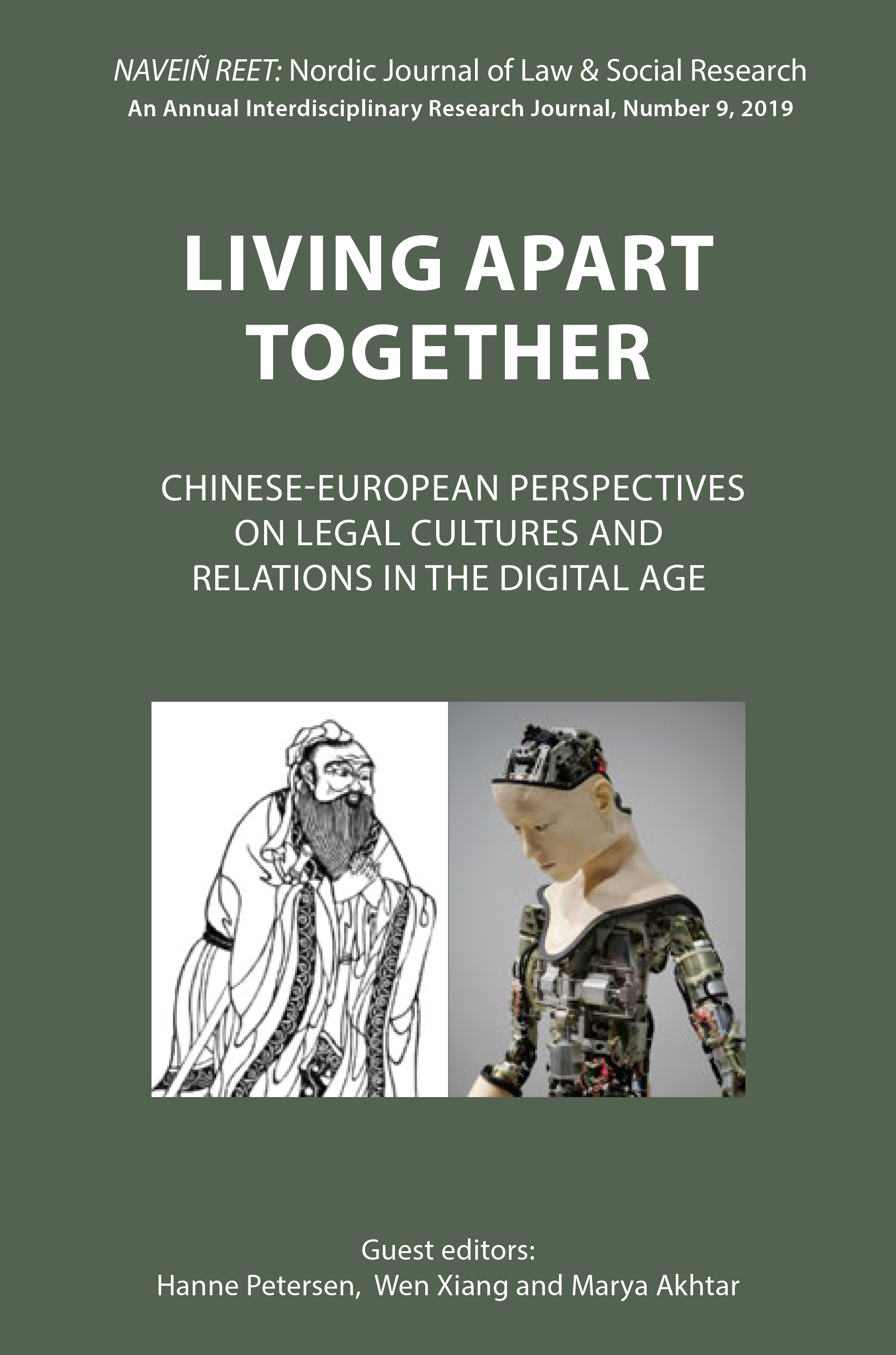Legal Construction of Algorithm Interpretation
Path of Algorithm Accountability
DOI:
https://doi.org/10.7146/nnjlsr.v1i9.122157Abstract
Nowadays the development of AI technology is not yet mature, let alone the legal definition and regulation of its type, even the type of technology itself is full of uncertain factors. Because of the rapid development of technology and the openness of theories, scientists have not yet formed a unified consensus and system on cutting-edge technical issues. Therefore, at present, governments all over the world are actively formulating the development plans of AI, but the supervision and regulation of AI are scattered and lagging behind. There is nothing wrong with encouraging the development of new technologies, but the application of technologies requires a responsible response to various ethical demands from human society. No matter what form of AI technology and its application are inseparable from the algorithm and the issue of “algorithm accountability” may probably be a focus of legal regulations on AI and the path of accountability is algorithm interpretation. It is desirable but regrettable that the EU’s GDPR stipulates the non-binding “right to explanation”. But the stop of GDPR is exactly the starting point of constructing the algorithm interpretation mechanism in law.
Downloads
Published
How to Cite
Issue
Section
License
Counting from number 12 (2022), articles published in NNJLSR are licensed under Attribution 4.0 International (CC BY 4.0). Readers are allowed to copy and redistribute the articles in any medium or format, to adapt and revise the articles, and use the articles for commercial purposes, provided that the readers give appropriate credits.
No Creative Commons licenses are applied on articles in number 1 (2009)-11 (2021). All rights reserved by the authors. Readers are allowed to download, read, and link to the articles published in volume 1 (2009)-11 (2021), but they may not republish or redistribute these articles without permission of the authors.

